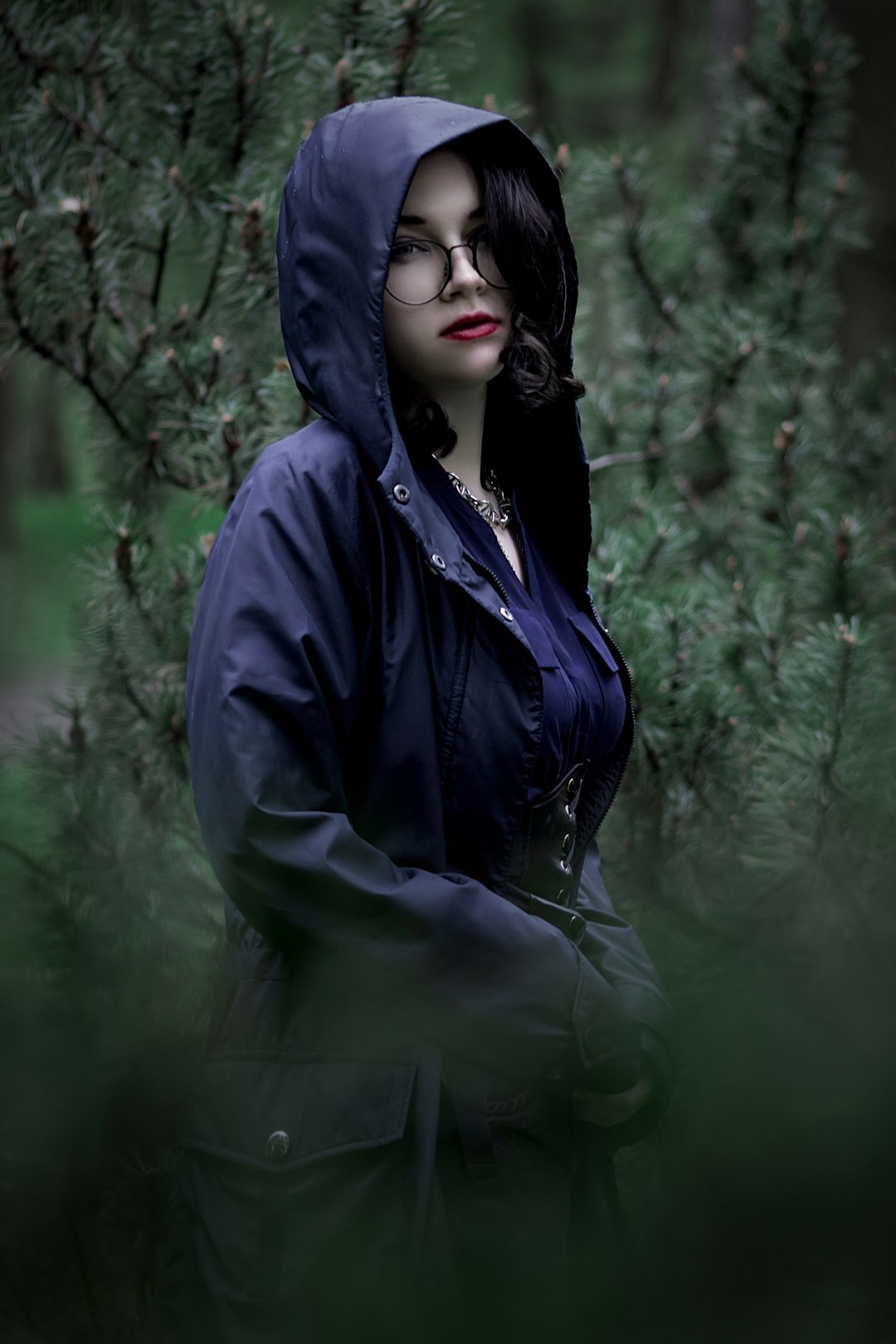In 1988, Bieke Vandekerckhove, a 19-year-old university student in her native Belgium, was diagnosed with ALS (Lou Gehrig’s disease). At that time, the average life span with ALS after diagnoses was two to five years. She lived 27 years with it.
Her only book, The Taste of Silence (English translation from Liturgical Press, 2015), is a beautiful, candid, sometimes searing, but wise view of her journey into ALS. Like so many others in history, she found a vast and pure view...in prison. But for Bieke, that prison was her body.
What do you do when a lightning bolt explodes out of a clear sky, blowing your body, soul, and spirit apart? Do you collapse into a pile of smoking rubble? Escape into chemicals, fight to regain control? Or surrender to the largeness of your Creator?
Vandekerckhove surrendered.
In her submission, she tumbled into great silence. That’s what often happens when loss pushes us beyond the walls of language. Many readers will identify with Bieke as, in the silence, she found profound gratitude, even for her diagnosis and for “the collapse of all my beliefs.” ALS took her beyond what she knew and preferred, and into the beauty of “not-knowing.” In that place beyond thought, she “discovered the art of waiting in the dark.”
In the dark, she found “the God of the Bible, and not the god who is … bound by the contours of logic and morality.” She also discovered that God meets those who live real life. Their habitat lies in a place beyond information.
As I read this book, I thought of Hebrews 11:34, which speaks of those who “became powerful in battle.” They found success as it was forged in the heat of life, not through knowledge or credentials.
What Do You See?
She learned that so much of life boils down to what we see. The deeper she went into the illness, she realized she suffered “more from an eye problem than from a muscle disorder.” Bieke seems genuinely grateful for the “great powers of suffering, death, and mourning,” that “work a simplification in us that makes us see things differently. Perhaps making us really see for the first time.”
Although she was certainly Christian, Vandekerckhove’s journey through ALS also gave her a deep appreciation for other religions and perspectives. She quotes the apocryphal Wisdom of Solomon 7:24: “Wisdom is more mobile than any motion; because of her pureness she pervades and penetrates all things.”
Vandekerckhove discovered a God so large and pervasive that His word can move through anyone, anything, anytime, anywhere. Because He owns it all, any or all of it can carry His voice. Just as His voice once (at least once!) animated a donkey, so it “pervades and penetrates all things.”
I deeply appreciate The Taste of Silence. It carries a ring of truth on every page. And I am moved by, and grateful for, a young woman who dared to tell her harrowing but hallowed journey into the God Who is larger.
To summarize that journey, she wrote that when she surrendered to the mystery, and thought she lost everything, “remarkably my grip loosened and I rediscovered everything in a new way. Life was everywhere, in the midst of death, even as life slipped away from me … Everything became a gift.”
The Timberline Letter is a reader-supported publication. To receive new posts and support my work, consider becoming a free or paid subscriber.
Get full access to The Timberline Letter at timberlineletter.substack.com/subscribe





Share this post